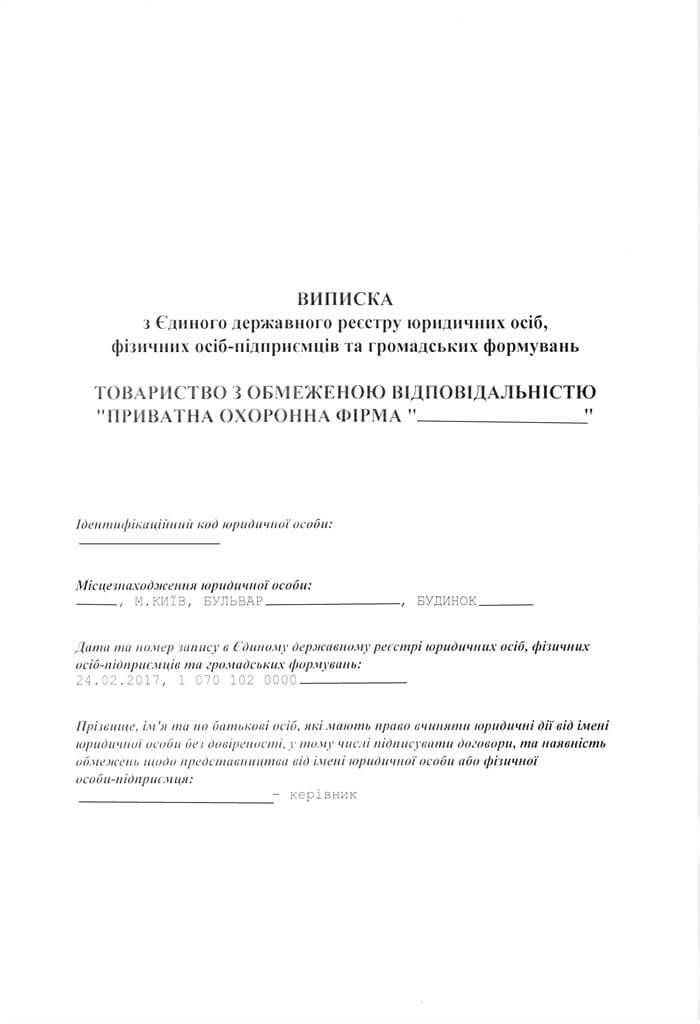Bringing the Charter into compliance with the new legislation: myths and reality

The Law of Ukraine “On Limited Liability Companies and Additional Liability Companies” has come into force in June 2018. Its final provisions stipulate that the norms of the already approved charters, which do not comply with this law, are valid for the next year only. Not all the companies have managed to meet the requirements of the law within the deadline, so some of them are beginning to sound the alarm.
You can often hear that failure to bring the Charter in compliance with the new norms of legislation may result in the cancellation of VAT registration and other negative consequences.
In this publication, we will find out the truth, debunk the common myths and discuss the positive innovations of the new law.
Our service: Amendments To The Charter Of An LLC
Myth about the cancellation of VAT registration
Myth. Many accountants believe that in case of failure to amend the Charter of the LLC, the tax authorities may cancel your VAT registration. Apparently, this opinion is based on the fact that the list of grounds for the cancellation of VAT registration set froth in subparagraph 184.1 of Article 184 of the Tax Code of Ukraine includes the recognition of the constituent documents of the legal entity by the court as invalid.
Fact. In order for the case to reach the court, and the Charter to be recognized invalid, there must be a plaintiff, a party whose interests are affected by the provisions of the Charter. It is usually one of the members of the company.
The Tax Service does not have access to the Charter of the enterprise. Thus, the tax authorities doesn’t know whether the Charter has been amended or not. The legislation does not require to submit a copy of the Charter to the Tax Service. Thus, the VAT registration cannot be canceled only under the ground that the Charter is not brought into compliance with the new law.
Myth that there is no need to amend the Charter
Myth. It used to be better. The Charter has already been approved, no changes are required.
Fact. In practice, in case of failure to duly bring the Charter in compliance with the law, the LLC may face some problems. Most of them may arise during the general meeting, LLC member withdrawal and new member admittance, as well as during the distribution of dividends.
We will elaborate on the General Meeting of a LLC and the dividend payment procedure to allow you to clearly understand how the new law affects the functioning of the LLC and requires to amend the Charter.
General Meeting: Convening and Voting Procedures
According to the new law, the General Meeting may be held via videoconference and by interviewing.
The provisions of “outdated” charters narrow down the possibilities of LLCs in this regard, as previously any issues should have been resolved at the General Meeting and the presence of all members or their representatives was required. And though the company can ignore its Charter and apply the provisions of the law, then why does it need the Charter?
The next innovation is the division of the meeting agenda issues into three types:
- those to be approved by ¾ of all members of the company;
- those to be approved unanimously;
- those to be approved by the majority of votes.
In addition, the new law allows for a larger quorum, but not smaller than established one. When voting, the members of an LLC shall follow the new requirements mentioned above.
Dividends: Payment Procedure
In the past, the dividend payment procedure was not sufficiently described. In particular, it provided for the payment of a part of the LLC’s profit proportionally to a share of each shareholder, who was the member of the company at the beginning of the payment period.
The new law specified this issue in more detail. Pursuant to its provisions, dividends shall be paid to persons who were the shareholders of the company on the day when the General Meeting of Shareholders adopted a decision on dividend payment.
The most striking innovation of the new law is the prohibition to pay dividends to participants who failed to make their contributions to the share capital, in full or partially. There are other circumstances when the company cannot pay dividends, namely:
- the company does not have sufficient assets to settle all matured creditor claims;
- after payment of dividends, the company will not have sufficient assets to settle creditor claims;
- the company has debts towards its former participant(s) or their successor(s).
All the abovementioned distinctive features shall be reflected in the Charter!
In addition, the new law allows companies to prescribe additional conditions that will regulate the dividend payment procedure.
What are the consequences a company can face if it is governed by the provisions of the Charter, which no longer comply with the law?
Of course, you run no risk of losing the VAT payer status during the tax audit just because the company’s Charter is inconsistent with the norms of the current legislation, but you can still face some negative consequences.
Decisions of the General Meeting adopted “not according to the new rules” can be appealed in court and declared invalid. Depending on the damage suffered by a person as a result of wrongful decision or decision taken contrary to the established procedure, sanctions can be imposed on the LLC and persons responsible for it.
Our company will be always pleased to assist you with any issues related to amending your company’s Charter and bringing other documents in compliance with the current legislation, as well as to provide professional legal advice on the potential risks.
Our service:Amendments To The Charter Of An LLC
We are ready to help you!
Contact us by mail [email protected] or by filling out the form:












